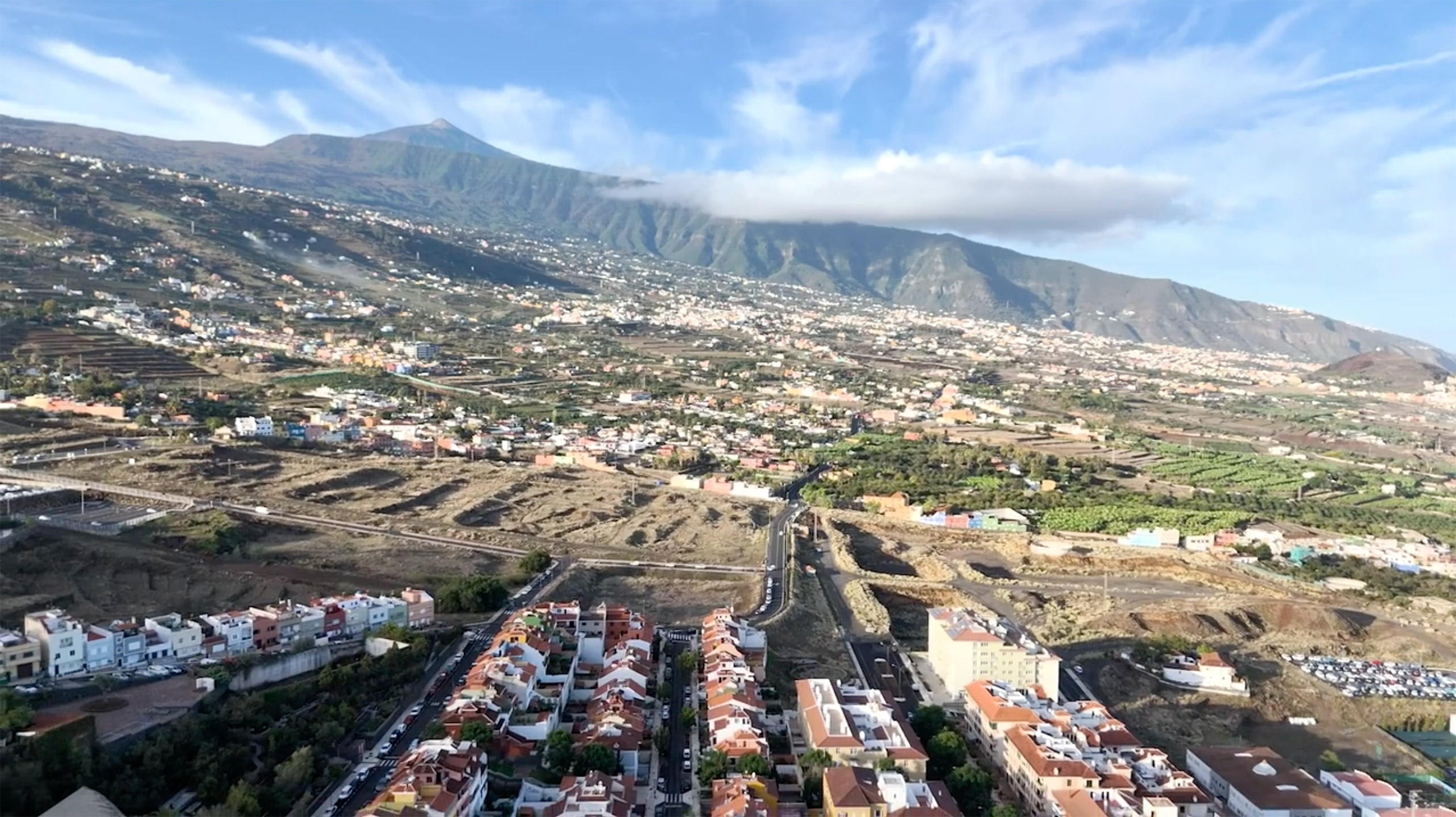Why study at Clark?
Whether you’re interested in sustainable food systems, addressing health disparities, tackling climate-change impacts and inequities, or formulating human-centered policies to tackle global migration, you’ll learn how to draw from and integrate multiple forms of knowledge to inform meaningful action.
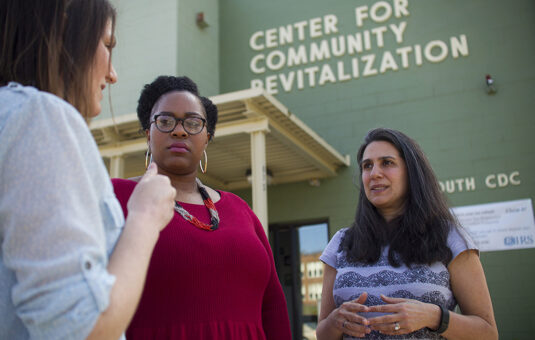
Degrees that make a difference
Our degree programs are distinctive and designed to make a difference through integrative, collaborative, and experiential learning. Our students learn by working alongside practitioners and communities that are most impacted by social and ecological inequities.
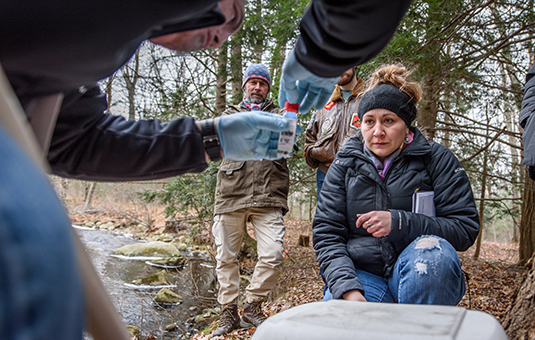
Experiential learning
Work collaboratively with communities, both in the city of Worcester and around the world, to help find solutions to real-world challenges. Our faculty build local partnerships, guide internship programs, and lead global learning collaboratives that help you gain valuable real-world experience in your chosen field.
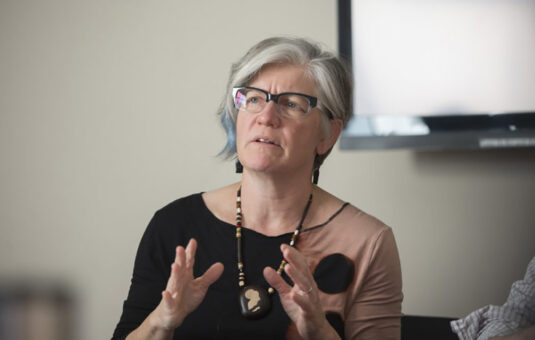
Faculty
The Department of Sustainability and Social Justice has been a pioneer in areas of international development, participatory rural appraisal, gender and development, environmental science and policy — and their integration — for decades. We are advancing scholarship and practice that expands educational access and equity in the Caribbean, drives efforts to increase affordable housing in the United States, models climate change in Mexico, and increases food security by enhancing our understanding of traditional farming practices in Ethiopia.
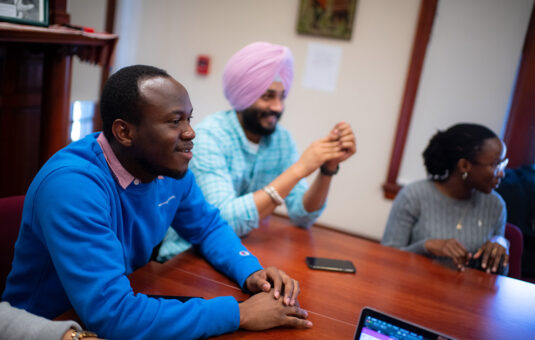
Learning outcomes
Our undergraduate and graduate programs are grounded in interdisciplinary frameworks and professional practice. Prepare for your chosen career by gaining a foundation in social and environmental science and professional skills such as project management, monitoring and evaluation, policy analysis, organizational leadership, and spatial analysis. You’ll design and assess projects through an intersectional lens as you engage communities in an ethical and authentic way.
Academic Programs
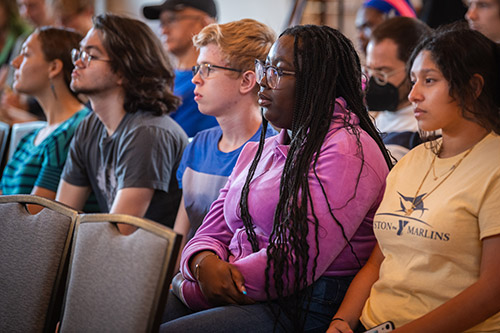
Undergraduate majors
The Department of Sustainability and Social Justice brings together decades of collective experience in North America, Africa, Asia, and Latin America. Find meaning and purpose as you join a network of thousands of alumni working for positive change across the world.
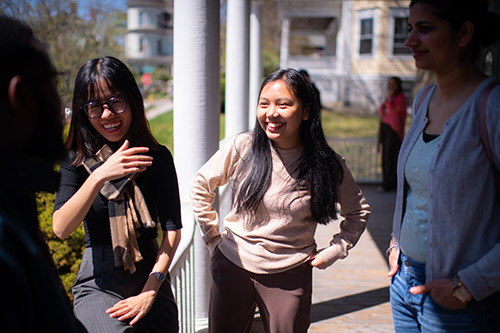
Graduate degrees
Our distinguished master’s degrees focus on critical analysis and hands-on practice, giving you the knowledge, skills, and experience to put your skills to work. Find a master’s degree or certificate program that will help you advance in your chosen field.
Featured Event
Upcoming Events
View All EventsFeatured Event
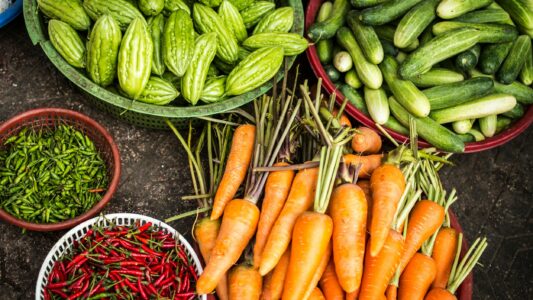
Culinary Sustainability as a Belonging and Resilience Practice for Refugees
Webinar Event — Culinary Sustainability as a Belonging and Resilience Practice for Syrian Refugees
October 9, 2024 @ 12:00 pm – 1:00 pm Eastern Time
Registration required: https://clarku.zoom.us/webinar/register/WN_8i04Zjf9S0Kq5cUAYD0gsw
This event is hosted by the Integration and Belonging Hub at Clark University as part of the Belonging Talks Series, and is co-sponsored by the Department of Sustainability and Social Justice, the Sustainable Food Systems Program, the Office of Diversity and Inclusion, the Sociology Department, and the Political Science Department, with the generous support of the Chester Bland Fund.
Speakers: Susan Rottmann, Zeynep Yılmaz Hava, and Nour Zanjer, Food and Migration Research Team
For the Fall ‘24 semester, the Belonging Talks Series will explore the theme of “Food, Migration, and Belonging: Sustainable Practices for Integrated Communities.” Our speakers will present on the role of food and cooking in mobile homemaking and as contributing to sustainable and inclusive societies.
Susan Rottmann, Zeynep Yılmaz Hava, and Nour Zanjer, are scholars and researchers in Turkey, conducting research as part of the Food and Migration Project focusing on “migrant homemaking activities and specifically how food practices change and are involved in integration.” For their presentation with IBH, the team will be drawing from their new research article, “Culinary Sustainability as a Resilience Practice for Syrian Refugees Amidst Urban Precarity in Istanbul.”
Moderator: Cynthia Caron, Director of Graduate Studies and Associate Professor of Sustainability and Social Justice, Clark University
Questions? Email the Integration and Belonging Hub (IBH@clarku.edu) or Anita Fábos (afabos@clarku.edu)
For information on future talks in this series, please join the IBH Mailing List.
Department of Sustainability and Social Justice
-
10 Hawthorne Street
Worcester, MA 01610-1477 - 1-508-793-7201
- 1-508-793-8820 Fax
- ssj[at]clarku[dot]edu

